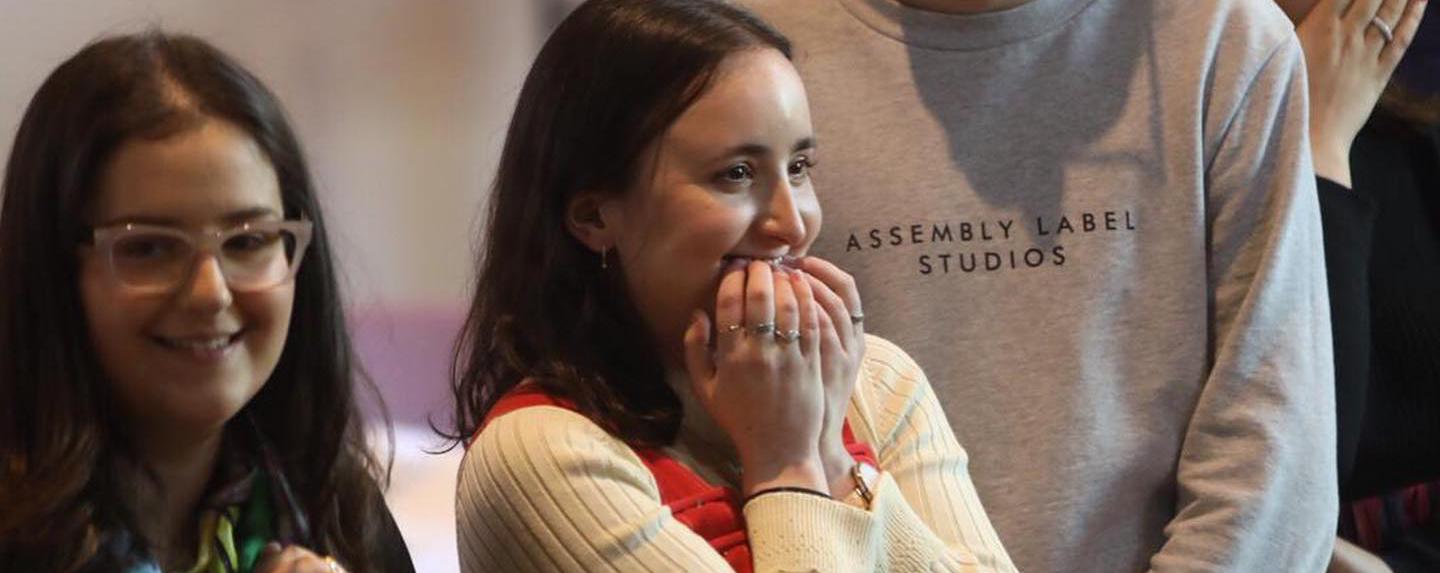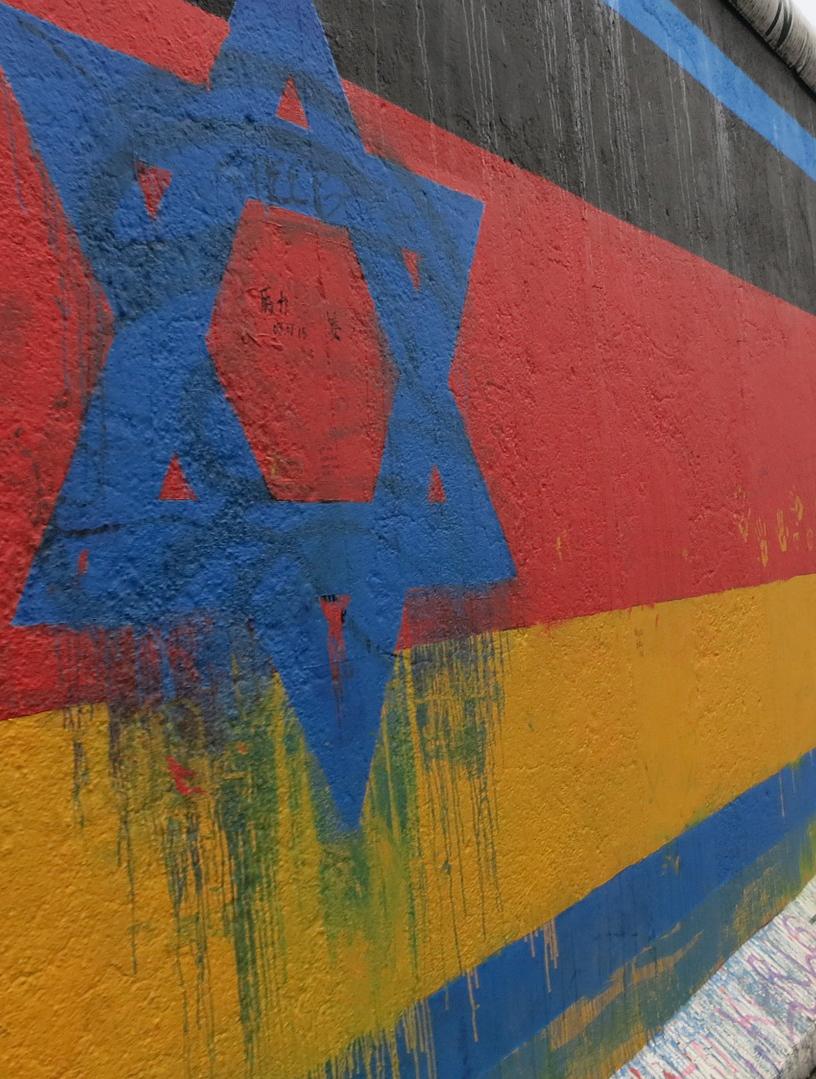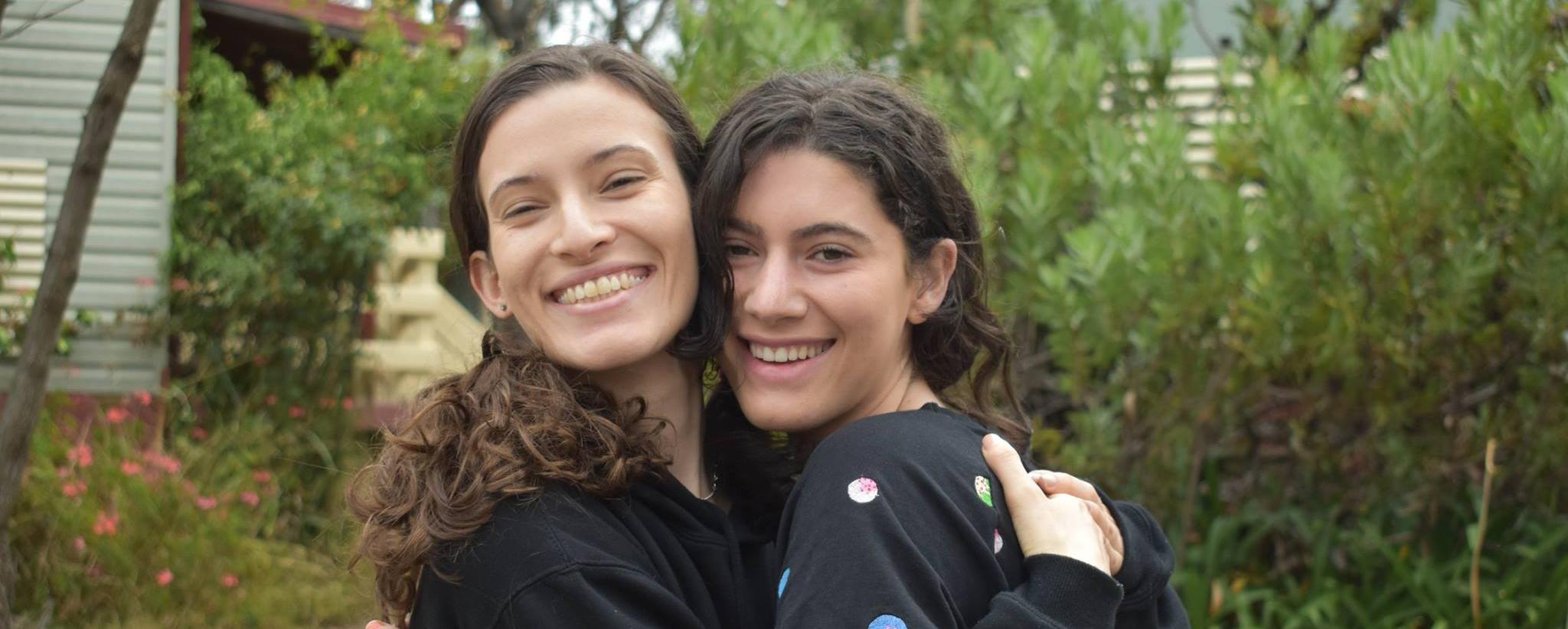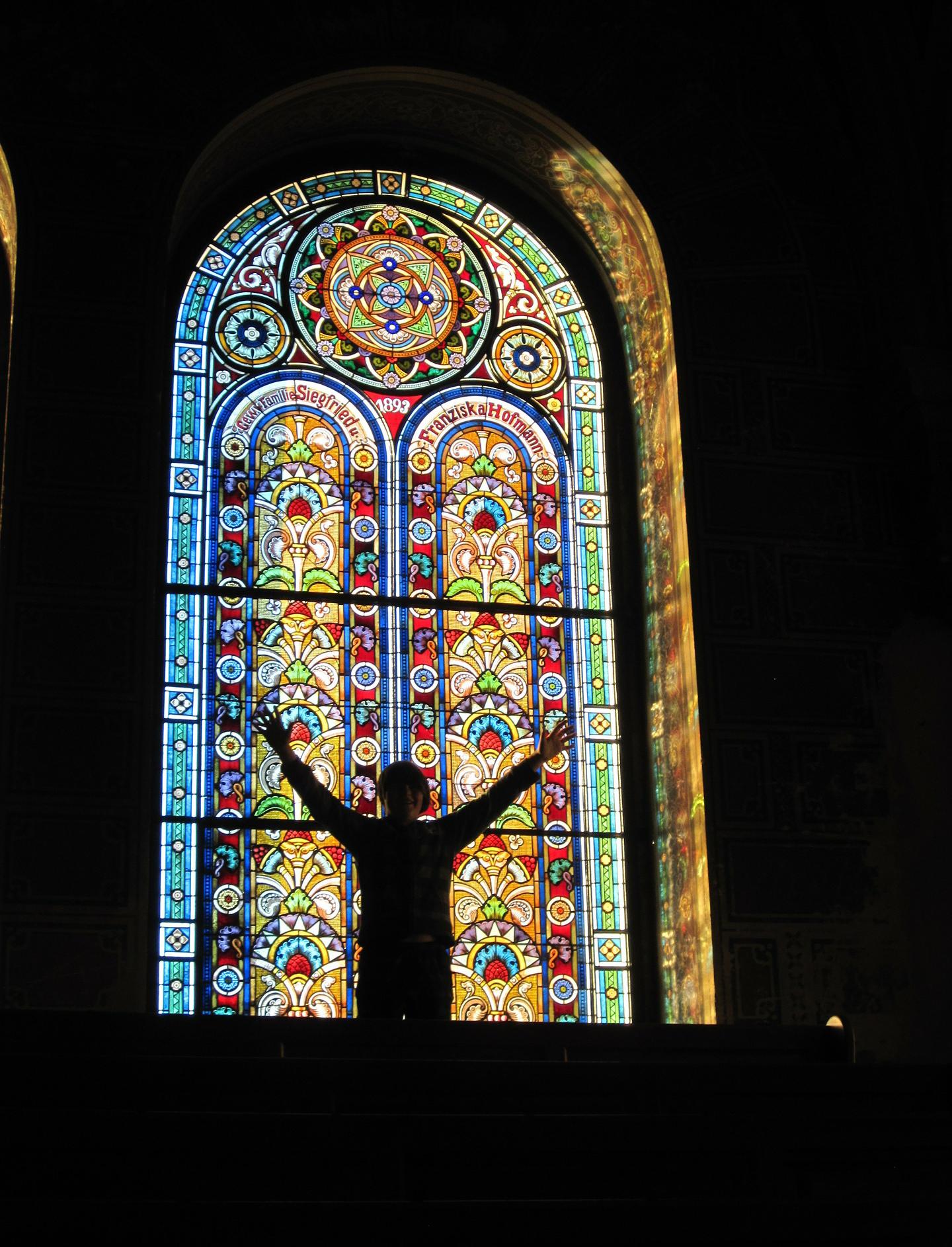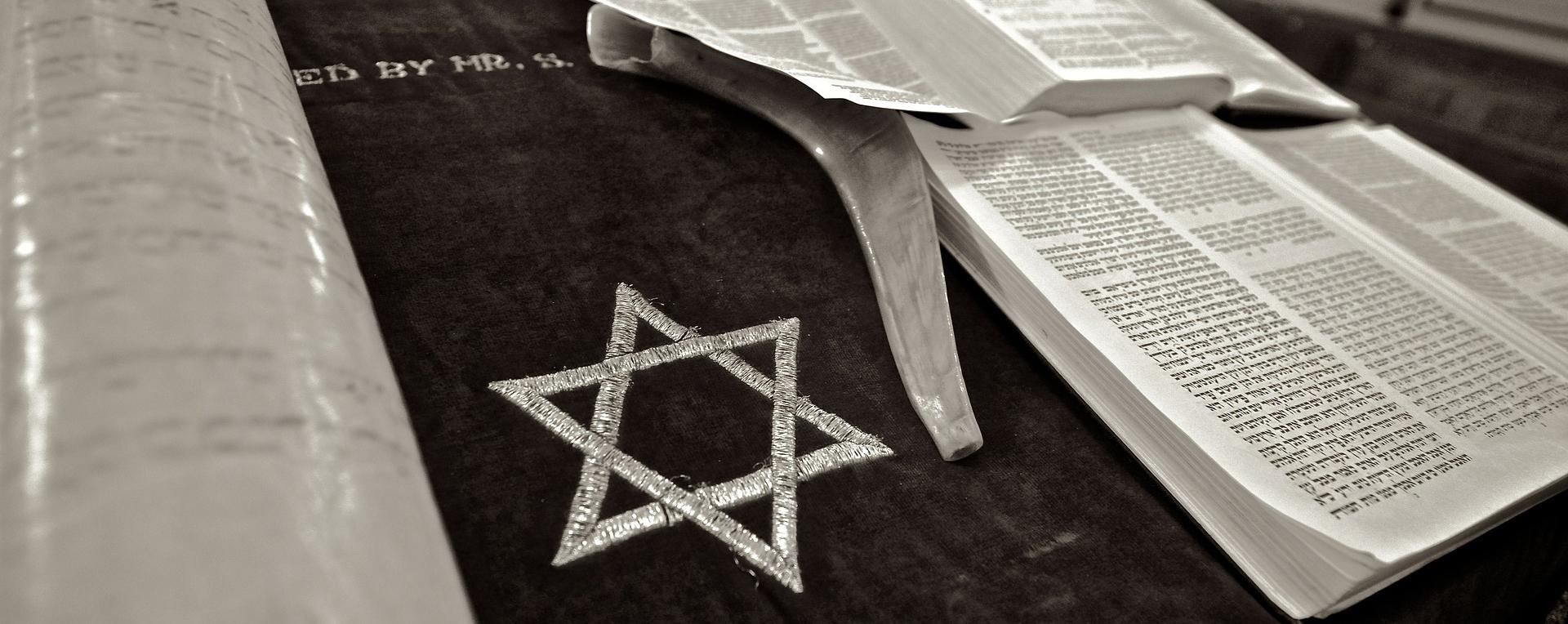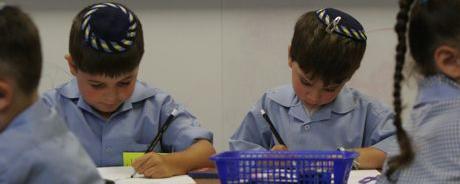
3 minute read
Repenting
Josh Kirsh
It happens every year at almost exactly the same time.
Advertisement
(The timing depends on how long the bidding for call-ups has taken before Kol Nidrei the night before. It is a high honour to be at the bimah when the words, like all the other words in the Torah, are read out to all assembled.)
We’re about 23 hours into the Yom Kippur fast. There’s not much longer to go. It’s not hunger, however, that makes me want to voraciously consume a Freddo frog.
We read from Vayikra on Yom Kippur. Specifically, we read that “you shall not lie with a male as with a woman; it is an abomination.” Each word makes me wonder what it is that brings me back, how I can justify sitting and listening for a second longer.
Yom Kippur gives us time to reflect and repent. That reading makes me reflect on the fact that some would like to see me repent for an immutable part of me that I cannot change. It also makes me eminently grateful that I didn’t notice those words before I was ready to.
Growing up at an Orthodox Jewish school, in a Jewish home, with a Jewish family and living a Jewish life, I had nagging doubts about being out, and being myself more generally, whilst also being Jewish. I had the privilege of having those doubts on my own. Of having the space to grow into my own identity without too many of the pressures of external opinions to shape my path.
Being Jewish and out comes with challenges, some more tacit than others. There are plenty who see the two as incompatible - and even more who don’t, but who recognise that the status quo is designed to leave same-sex couples with the message that they need not apply, and are not especially inclined to change it.
Hearing that passage on Yom Kippur - and approaching this time of year - often makes me wonder whether that status quo will remain for the rest of my life. If I am fortunate enough to be married, I know that I won’t be able to be married in either of the synagogues of which I’m a member. (The fact that my parents couldn’t be married in our synagogue either, for entirely different reasons, leaves a sad taste.) Holding this duality - you are welcome, but be sure to leave those parts at the door - is always challenging. It’s more challenging when I have no food in my stomach, and no energy to make the excuses of others on their behalf.
As a particularly political person, fighting back against prejudice targetting both elements of this dual identity is challenging. There are those within the Jewish community who would see relationships like mine treated as second class under law. There are those within the LGBTQ+ community who see faith - but particularly organised religion - as a collective enemy to be overcome.
The reality, which should not require holding both in one’s heart to perceive, is that antisemitism, homophobia and transphobia all act as canaries in the coal mine. Too often, we see these nasty prejudices as the first sign of growing intolerance and permitted extremism. Violence against Jews, against same-sex couples, and against transmen and transwomen, rises steadily as the world becomes less secure for people who do not conform.
And yet some continue to act as though we live in politically safe times. As though both of these minority groups, relatively small as they are, can afford to nudge against each other in order to seek favour with fickle majorities. Watching certain religious communities and leaders push for the right to exclude gay people - and an answering call to get religion out of the public debate as soon as possible - makes me fearful that no kind of true inter-communal harmony is possible.
It’s hard to be two things that don’t often like each other very much. It’s hard to be reminded of that yearly during a fast. It’s even harder to keep coming back. I admit that this year, I have a class scheduled for the whole day of Yom Kippur, and that very passage is tempting me to learn about Contemporary Constitutional Law instead of attending the two shule services I attend every year.
The days after Yom Kippur are for me to light the flame of hope. Yom Kippur is there for me to repent my failure to bridge more gaps, my failure to display and model my own form of love, and my failure to have patience and tolerance. I do it by grousing about the same Torah reading, every year. It’s just my way.

